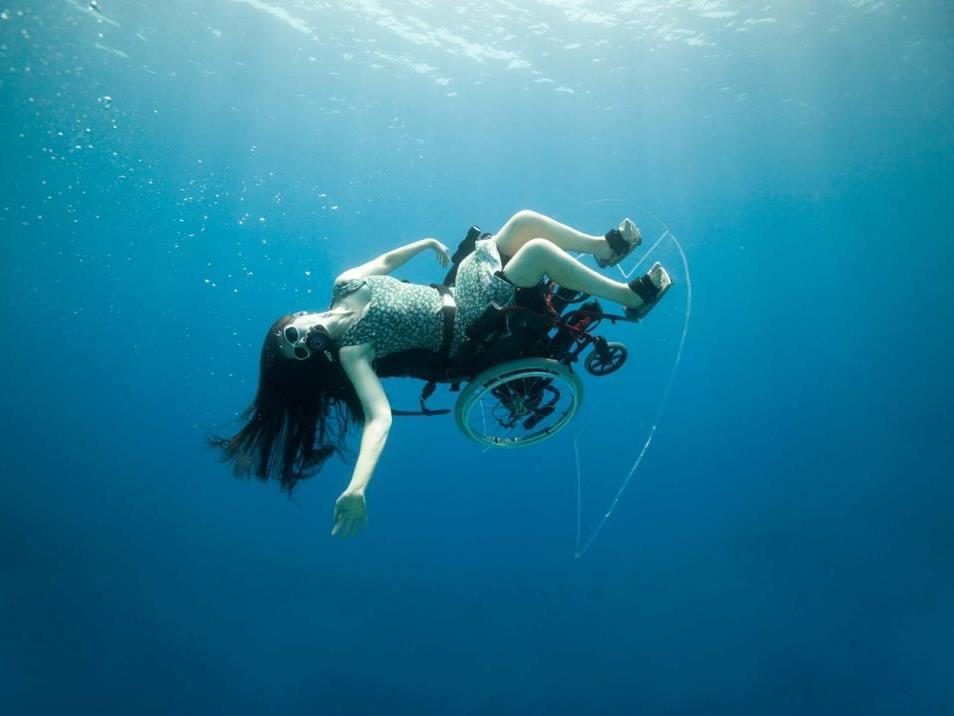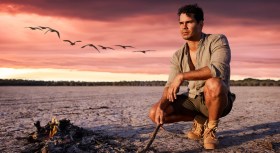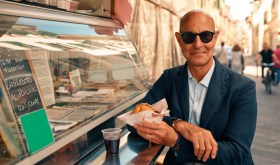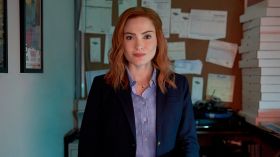Image credit: Sue Austin, Norman Lomax. Courtesy British Council.
A creative economy is an inclusive one. The British Council is ideally placed to draw on the UK’s global leadership in inclusivity arts policy and practice, helped by the Equality Diversity and Inclusion [EDI] mandate which underpins the Council’s operations. Communications and Projects Manager Amber McCulloch explained that “we endeavour to build sensitivity to EDI into all of our programmes, every staff member around the world undergoes training in EDI sensitivity and issues, and each country office is assessed on how well they build the ethos into their programme in practical ways. It’s really important that we are constantly checking and bettering our approach to EDI, especially with our international influence.”
This influence is well-recognised in the sector. Working with industry partners, the Council shares its knowledge in order to foster dialogue and encourage excellence. Recently, the Council partnered with the Unlimited Festival at London’s Southbank Centre for five days of exhibitions, performances, talks and discussions celebrating the diversity and creativity of disability arts. Back on home turf, many will be familiar with Accessible Arts’ annual Arts Activated National Conference, which provides an opportunity for local and regional arts professionals to connect, learn, share ideas and strategise about future directions for disability arts. This year’s conference, taking place in Sydney across 28-29 October, will include a number of participants appearing with the support of the British Council, including Senior Producer of Unlimited, Jo Verrent.
Project Manager Lisa Burns explained that the Council has “co-curated two panels in the International Stream with Arts Access Australia. That was born out of recognition that British Council’s role globally is as a networker and convenor, and what we do best is create multilateral relationships worldwide, and opportunities for people to engage meaningfully. These two panels create an opportunity for that best practice from the UK to be applied in a local context, and for the relationships that were formed through UK events like Unlimited to be carried across into this new setting.”
Scottish-based Australian performer and choreographer Caroline Bowditch will be joined by Thai composer and disability arts advocate Sawang Srisom, amongst others, for a discussion on ‘International trends and challenges in disability arts’. Workshopping ideas around ‘Long-term relationship building’ will be a panel including arts professionals from Sri Lanka, New Zealand and the UK. “It’s a diverse range of perspectives,” observed Burns, “and we’re hoping that will lead us into a longer-term agenda. Next year we’ll look at some legacy projects that will continue that multilateral discussion into Unlimited 2016 (the final year of Unlimited in the UK).”
Burns elaborated that “the two panels [focus on] the international agenda, the experiences and challenges of working on the global stage, and also how we can change short-term engagement into something that’s more meaningful.” The Council’s longstanding experience in facilitating successful international exchange programs equips it to help artists move beyond a brief experience afforded by short-term funding structures, into building continuing relationships.
In a further development for inclusivity arts in this country, Australia will be the first country outside of the EU to be showcased on the Disability Arts International website, the British Council-created platform for exceptional international inclusivity arts. Burns explained that “we will be launching that Australian material to coincide with the conference, and encouraging people at the conference [whose work is] at the standard of being able to internationally tour, [to] showcase their work through the site.”
With the Council evidently focussed on working with individuals and industry partners towards long-term success in the inclusivity arts sector, we can expect the conversations started at the Arts Activated Conference to develop into the future.





